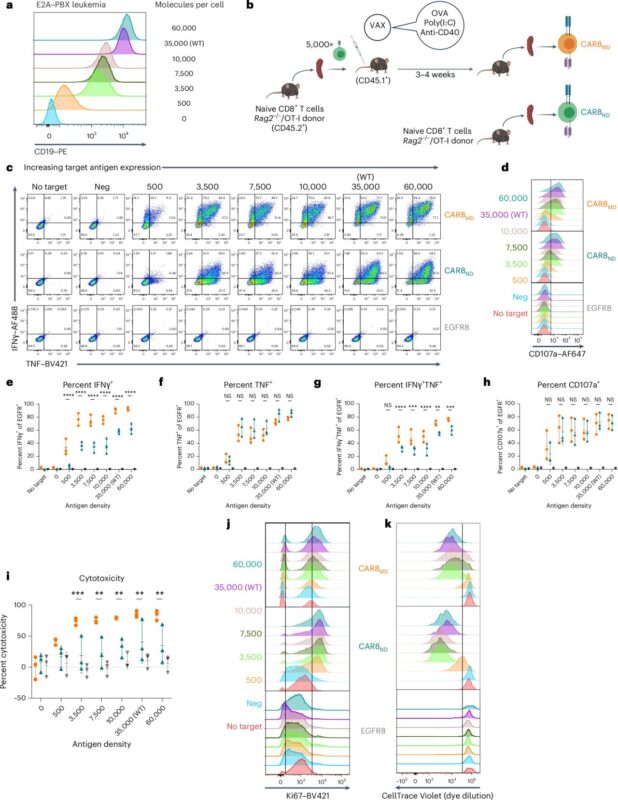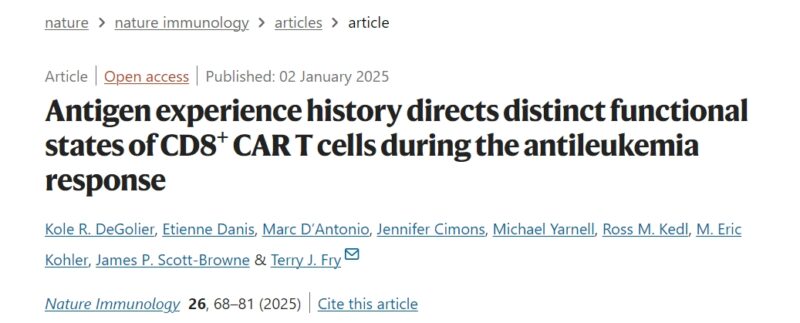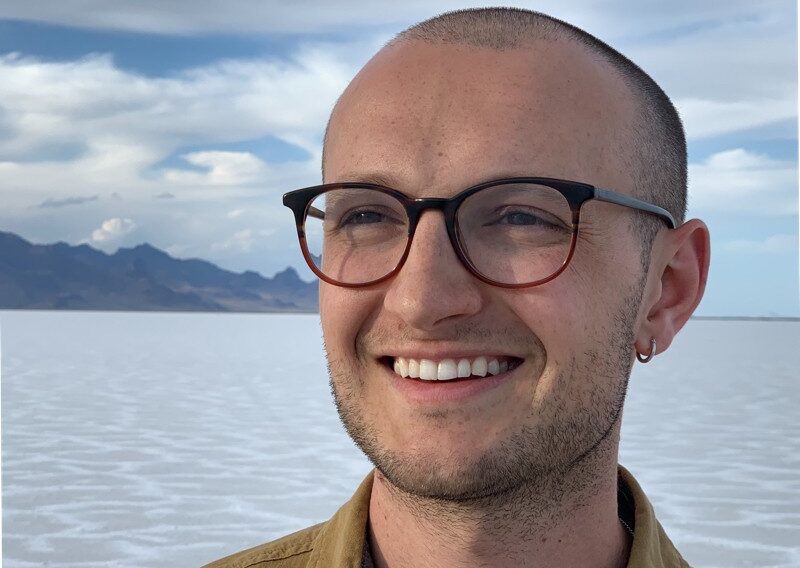Patrick Hwu shared on LinkedIn:
“How does the history of T cells impact their ability to fight cancer when engineered with chimeric antigen receptors?
In this study, DeGolier, et al. found that many traits of the ancestral T cells remained in final CAR T cell populations, including cytotoxicity in memory-derived cells and better proliferation in naïve-derived cells. Additionally, overexpressing RUNX2 in naïve-derived CAR T cells was found to boost antitumor function.
These findings could pave the way for more effective future cell therapies!”

Authors: Kole R. DeGolier, Etienne Danis, Marc D’Antonio, Jennifer Cimons, Michael Yarnell, Ross M. Kedl, M. Eric Kohler, James P. Scott-Browne and Terry J. Fry.

Dr. Patrick Hwu, MD, currently serves as the President and CEO of Moffitt Cancer Center. With a focus on understanding the dynamics between tumors and the immune system, Dr. Hwu’s research has been pivotal in advancing gene-modified T-cell therapy.
He notably contributed seminal work on the development of the first chimeric antigen receptor aimed at combating cancer. His research portfolio extends to vaccines, adoptive T-cell therapies, and mechanisms of immune resistance.
Before joining, Dr. Hwu held numerous leadership roles at The University of Texas MD Anderson Cancer Center for over 17 years.
Notably, he served as the inaugural Chairman of the Department of Melanoma Medical Oncology in 2003, as well as the Associate Director of the Center for Cancer Immunology Research. Additionally, he chaired the Department of Sarcoma Medical Oncology, demonstrating his commitment to advancing cancer treatment and research.
